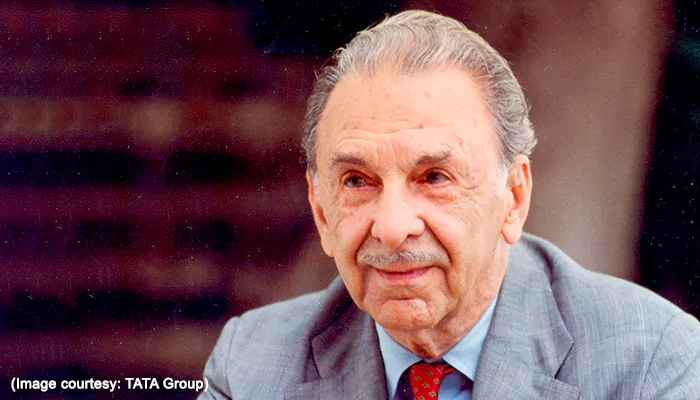
Discover the top business headlines that are trending across the world today!
Adani Group Faces Racism Allegations in Australia as Aboriginal Group Files Complaint

India's Adani Group, led by billionaire chairman Gautam Adani, recently indicted for fraud by U.S. prosecutors, faces racism allegations in Australia. The Nagana Yarrbayn Wangan & Jagalingou Cultural Custodians filed a complaint with Australia's Human Rights Commission against Bravus Mining and Resources, Adani's coal unit in Queensland.
The complaint alleges that Adani employees obstructed members of the Aboriginal group from accessing springs near the Carmichael coal mine, preventing them from performing cultural rites. Adrian Burragubba, Senior Cultural Custodian, stated, “We have endured years of discrimination and vilification from Adani.”
Despite prior legal warnings, Adani reportedly failed to address concerns. The group is now seeking compensation, an apology, social media retractions, and anti-racism training for Adani’s staff. The case highlights ongoing tensions between Indigenous rights and corporate activities in Australia.
GQG Partners Plans $65 Million Buyback Amid Adani Controversy and Stock Rebound

Rajiv Jain-led GQG Partners Inc., a major investor in Gautam Adani’s Adani Group, is considering a buyback of up to A$100 million ($65 million) of its Sydney-listed depositary receipts, following a sharp 19% drop in its shares. The decline came after US prosecutors accused Adani and other executives of involvement in a $250 million bribery scheme, which the Adani Group has strongly denied, calling the allegations "baseless."
On Friday, GQG Partners saw a recovery, with shares rebounding by 16%. Jain’s firm had invested approximately Rs 80,000 crore in Adani companies, securing stakes in Adani Enterprises, Adani Green Energy, and Adani Ports. These investments followed the Hindenburg Research report in January 2023, which alleged financial misconduct within the conglomerate. Jain described his strategy as capitalizing on undervalued assets, a move that initially proved successful as Adani stocks recovered a substantial portion of their earlier losses.
Sensex and Nifty Rebound as Adani Stocks Stabilise; Banking and IT Sectors Lead Gains

Benchmark stock indices rebounded on Friday, recovering from the previous session’s slump driven by a sharp decline in Adani group stocks. At 9:21 AM, the S&P BSE Sensex rose 496.10 points to 77,651.89, while the NSE Nifty50 gained 72.25 points to reach 23,422.15.
Adani group stocks, which dropped up to 20% on Thursday amid allegations of bribery against Chairman Gautam Adani, showed mixed recovery. Adani Enterprises shares fell 1.45% to Rs 2,152.05, Adani Ports dipped 2% to Rs 1,091.25, and Adani Energy Solutions dropped 5.39% to ₹659.70.
Positive global cues, including a 25.43% year-to-date return from the US market, bolstered sentiment, according to Dr. V K Vijayakumar of Geojit Financial Services. Banking stocks led the charge, with SBI, HDFC Life, and IndusInd Bank posting gains. Sectoral indices showed strength, particularly Nifty PSU Bank (+1.70%) and Nifty Realty (+1.45%), while Nifty IT gained 0.85%, reflecting broad market optimism.
India's Private Sector Growth Surges in November Despite Rising Cost Pressures

India’s private sector economy maintained robust growth in November, as the HSBC Flash India Composite Output Index rose to 59.5 from October’s 59.1, marking the fastest growth in three months. This was fueled by increased new business and export sales.
However, rising cost pressures led to the highest selling price hikes since February 2013, with firms citing higher input costs and wage increases. Manufacturing saw a slight slowdown, with the PMI Output Index slipping to 60.2 from 60.4 and the overall Manufacturing PMI declining to 57.3 from 57.5, though demand and exports remained strong.
The services sector showed improved growth, with the Services PMI rising to 59.2 from 58.5 and employment expanding at its fastest pace since 2005. Despite escalating costs, businesses successfully passed these onto customers, supported by resilient demand across sectors.












